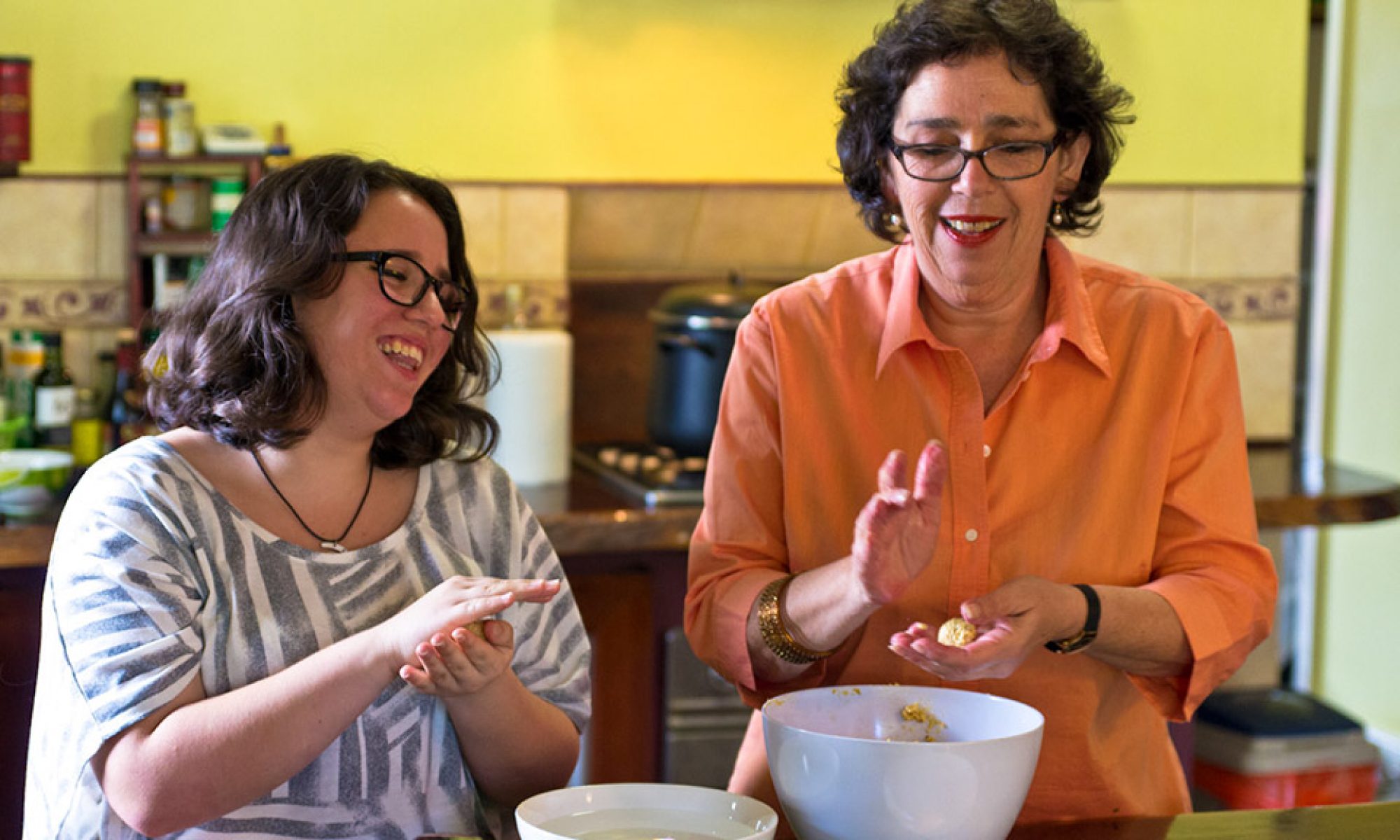Last weekend I was fortunate to find myself in a somewhat more upmarket shopping precinct than I usually frequent. Finding our destination closed, I steered my friend into a nearby, legendary food provedore.
Barely had we found the extra-virgin olive oil, then we were offered a complimentary cup of coffee. That the extra ten minutes spent in the store would, of course, give me more time to look on the shelves and more temptation to buy.
Perusing the shelves I was struck by how far this food had travelled. Sure, a massive blackboard proudly proclaimed just one local ingredient: “Manjimup truffles $2,500 per kg”. Well I guess we’d all write that on our blackboard if we had the chance.
The shelves displayed beautifully packaged pastes and potions from Christine Manfield but everything else seemed to be from very far away, as in organic “ketchup” from Spain, organic biscuits from the UK, bottled pears from Italy and so it went.
So for days now I’ve been pondering this slow dilemma: can we justify our desire for high quality food, especially organic, when it is shipped from afar? Organic food may be better for one’s health, it certainly makes consumers feel better about themselves, but what about the carbon foot print?
The obvious response is “Oh but it isn’t available here” and that is often the case. “Boutique” products cannot be mass-produced. However, if as it appears, there is a market for such foods, why isn’t more of it produced here in Australia?
Having struggled for accreditation, with the additional workload and costs and a marketplace demanding cheap food, organic farmers are finally in a position where their products are in demand. However, being smaller producers they may not have the resources needed to add value to their produce.
So who will give small, sustainable farmers support? Clearly not our authorities. Australia’s Risk Assessment Appeals Panel thinks we should be importing apples from China, and now New Zealand too. Here in WA we’ve seen the go ahead given for GM canola trials, though as yet we still can’t prevent GM crops contaminating non-GM crops.
On the other hand we could consider the words of Joel Salatin, who features so prominently in Food Inc. Salatin’s farm aims to provide clean food and educate consumers and food producers. Visitors are invited to:
Experience the satisfaction of knowing your food and your farmer, building community. We are your clean meat connection.
When asked what he will do when demand exceeds supply, Salatin is unequivocal – he cannot do what he does on a large scale. He can only provide for his immediate area while encouraging and assisting farmers elsewhere to give it a go.
Salatin will be running workshops in Australia later this year, November for the ACT. A good chance to hear a universal message – slow down, smell the roses and eat local.
Dr Felicity Newman is a member of the Centre for Everyday Life at Murdoch University

